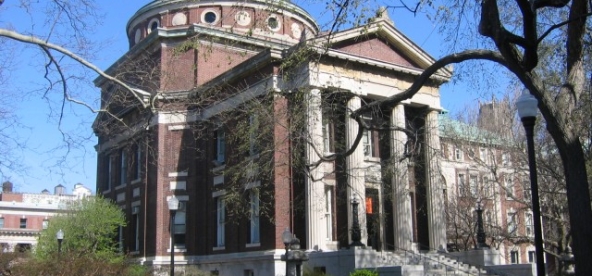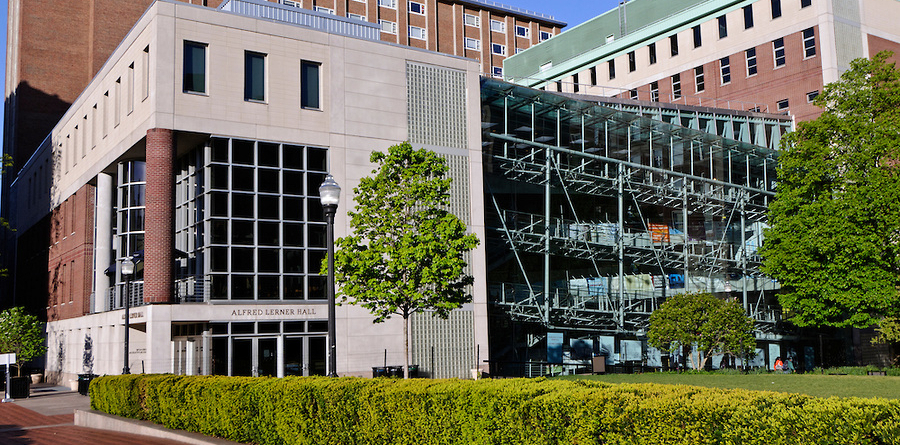About SGB
Executive Board
Members
The SGB Executive Board consists of eleven elected students: Chair, Vice Chair, Treasurer, Secretary, and seven "representatives" or liaisons for the groups put under their charge, as well as a board-appointed webmaster. All executive board members are elected in the spring Town Hall by the 90+ recognized SGB groups for one-year terms. All members of the SGB E-Board are active in SGB groups to ensure that they understand the needs and concerns of the community.
Responsibilities
A full listing of the duties and responsibilities of E-Board members as well as descriptions of the specific duties of each position can be found in the SGB Constitution; a summary of key general responsibilities of all members, quoted from Article III, Section 1 of the Constitution, is below:
Allocate undergraduate Student Activities funds to student groups.
Receive, review, and accept or reject applications for membership in accordance with the Constitution.
Adjudicate disputes between groups, review complaints received in writing, and take disciplinary action when required.
Compile and distribute a set of By-Laws governing group spending and administrative procedures.
Elections
A full description of election procedures can be found in the SGB Constitution; a summary of key rules, quoted from Article III, Section 3 of the Constitution, is below:
All candidates must be members in good standing of a recognized group or be incumbents on the SGB Executive Board.
Only members of the incumbent Executive Board may run for the positions of Chair and Vice Chair, unless none of the Board members pursue the positions.
The incumbent Chair shall not be an eligible candidate for the position of Chair, Vice Chair, or Treasurer.
Order of elections shall follow as first the election for Chair, second that for Vice Chair, third that for Treasurer, fourth that for Secretary and finally the At-Large election for Representatives.
Elections shall be drop-down, such that losing candidates for earlier positions may declare candidacy for the positions that follow.
The incumbent Executive Board should transfer responsibility to the Executive Board elect no latter than three weeks following the election.
History
1968 Protests
SGB was founded on January 10th, 1969, following the Columbia University protests of 1968, in order to meet student demands for a self-governing student caucus, and is the oldest of Columbia's governing boards. Since its founding, SGB has traditionally served as the guardian of free speech and students' rights on campus, and remains the only governing board comprising students from all four undergraduate schools.

Work under the Office of the University Chaplain
With the revival of the Columbia College Student Council and Engineering Student Council in the 1980s, SGB took on the role of overseer for the religious, political, and other "values-explorative" activities on campus, as chartered by the Board of Trustees. Until 2007, SGB reported to the Office of the University Chaplain in Earl Hall, and represented groups from every student body in the University.

Transition to the Division of Student Affairs
In 2007, an attempt was made to shift SGB under the existing Student Development and Activities subgroup of the CC/SEAS Division of Student Affairs (which also oversees the Activities Board at Columbia and the Inter-Greek Council). However, due to tensions between SGB and the subgroup's administration, a new subgroup, the Office of Civic Action and Engagement (originally Office of Student Group Advising) was formed to oversee SGB. As a result of becoming part of the Division of Student Affairs, SGB was forced to divest of their student groups with large graduate student memberships, which lead to the creation of the Interschool Governing Board.
